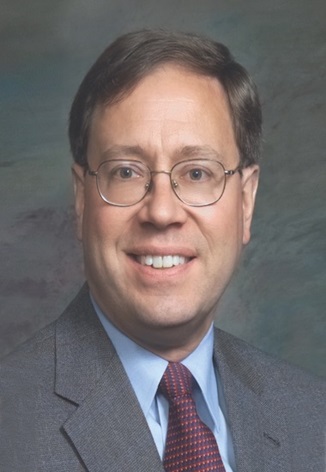My View: The dental school exit ramp


When I was in dental school, we had a class of 150 students who were told on the first day that we were all selected because we were capable young people who could do the work and graduate. There was no designed attrition at our school. Yet as time went by, students dropped out of dental school by their own choice. The first student to drop out walked in the preclinical lab on the first day, looked around and said, “Not for me.” He knew right then dentistry was not for him. The last person to leave was in November of our second year. In between, 10 students chose not to continue, including my classmate, who took off part of my papilla between teeth 8 and 9, during our first prophies on each other.
Later in life I have run into some of these former classmates who dropped out. To a person, they were so glad they left dental school. They were unhappy and have found other careers that they have enjoyed and been successful. Over the past decade, I have asked recent graduates of many different dental schools how many people dropped out of their entering class in dental school. The answer has universally been “no one.” When I ask why, they explain that federal undergraduate and dental school loans will come due immediately upon leaving school. The economic incentive to stay, even if you are unhappy, is too great.
While the selection process may have improved, no selection process is perfect. Dentistry is not a profession that you can try for a while to see if you like it. While dental schools will ask applicants to shadow a dentist prior to applying, this experience cannot duplicate what their career will be like. Due to changing practice patterns, the dental practice where they shadow a private practice owner-dentist will be very different from what they will experience as a debt burdened new graduate in a dental service organization.
Several years ago, one of our residents was about three weeks into her career when she turned to the assistant and said, “I never wanted to be a dentist.” After eight years of undergraduate study and dental school, she said it was her family that wanted her to be a dentist. Sometimes as students grow and change, they may find this is not the right career. In my decade as a general practice residency program director, I believe we had several residents who knew they should have never gone into dentistry but had no way to leave the profession.
Colleges and universities have done a poor job of teaching financial literacy to students before they make this life changing financial commitment. Students need to understand the financial ramifications of starting dental school and how the financial impact of this debt will change their lives. We are long past the days of “everyone has debt: they paid it back, and you probably can too” as the motto of the financial aid office. For some students, it is not worth it, and they need the opportunity to leave with dignity. It is what is best for them, the profession and the public.
It is time for the ADA, CODA, and American Student Dental Association to develop an exit pathway for students who find dentistry is not the career for them. This should include tuition relief, financial and career counseling in helping them transition from dental school. This pathway should be a school policy and every student should be informed of this option prior to and during dental school. CODA should develop a standard for pre-doctoral education that details the procedure and support students will receive in reevaluating their career choices both before and during their dental education.
Dental schools are the gatekeepers of our profession. It is time that they formalize support for students and the profession by developing pathways for students who are no longer willing or able to continue in dentistry. While no one can predict a successful, fulfilling career for a new graduate, this policy will assure the profession, and the public, that new graduates genuinely want to be the practicing dentist that patients want and need.
Dr. Spangler was in private practice in Bloomfield Hills, Michigan, and the former program director of the general practice residency at St. Joseph Mercy Oakland and currently serves on the Michigan State Board of Dentistry.



